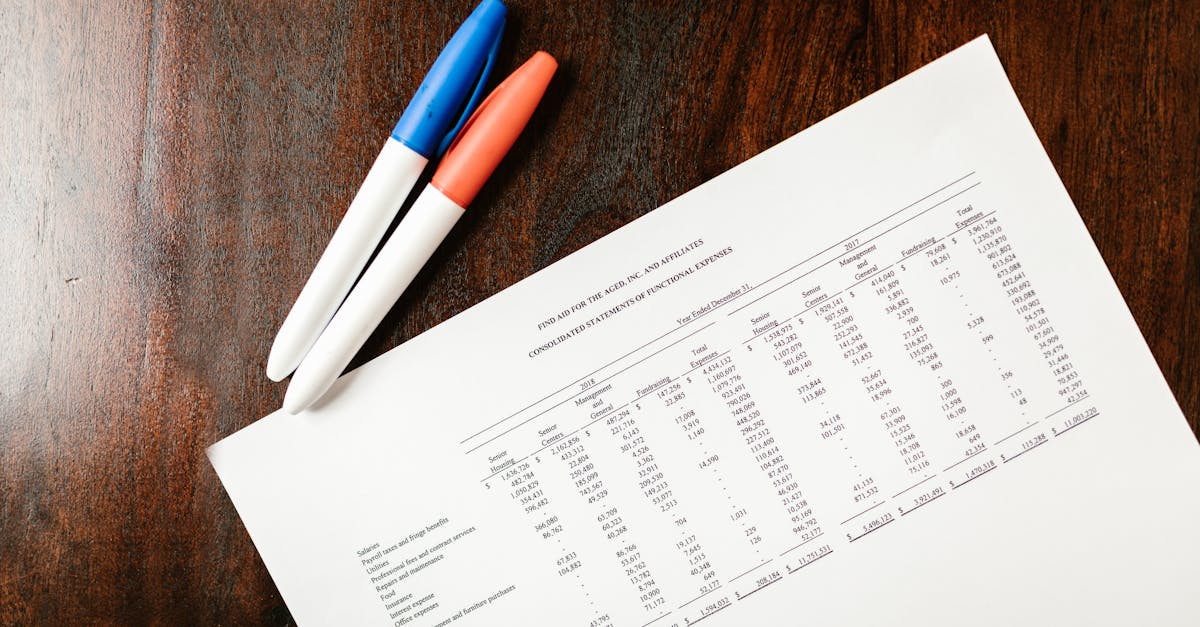Guide to FHA Loans for Home Buyers
Introduction
FHA loans, backed by the Federal Housing Administration, are a great option for first-time homebuyers and those with lower credit scores. This type of loan makes homeownership more accessible with less stringent credit requirements and lower down payment options. In this article, we'll explore the benefits, requirements, and application process for FHA loans.
Advertisement
What is an FHA Loan?
An FHA loan is a mortgage insured by the Federal Housing Administration, designed to assist homebuyers who may not qualify for conventional loans. The FHA does not issue the loan directly but rather guarantees it, reducing risk for lenders and making it easier for borrowers to qualify. These loans are particularly popular among first-time homebuyers.
Advertisement
Advantages of FHA Loans
One of the main benefits of FHA loans is the lower down payment requirement, which can be as low as 3.5% of the home's purchase price. This makes it easier for those with limited savings to become homeowners. Furthermore, FHA loans offer more flexible credit score requirements, making them accessible even to borrowers with imperfect credit histories.
Advertisement
FHA Loan Requirements
To qualify for an FHA loan, borrowers typically need a minimum credit score of 580 to qualify for a 3.5% down payment. Those with a score between 500 and 579 may still qualify but will need a larger down payment of 10%. Additionally, borrowers must have a steady employment history and proof of income to ensure the ability to make monthly payments.
Advertisement
Mortgage Insurance Premiums
FHA loans require borrowers to pay mortgage insurance premiums (MIP) to protect lenders in case of borrower default. Premiums include an upfront MIP, typically 1.75% of the loan amount, and an annual premium that varies depending on the loan term and down payment. Keep these extra costs in mind when budgeting for your loan.
Advertisement
Property Requirements
For a home to be eligible for an FHA loan, it must meet certain safety, security, and soundness standards, as determined by an FHA-approved appraiser. This ensures that the house is structurally sound and safe to live in, protecting both the buyer and the lender. Additionally, FHA loans can be used for multi-unit properties, if the borrower intends to live in one of the units.
Advertisement
FHA Loan Limits
FHA loans have limits on how much you can borrow, varying by location and property type. These limits ensure that FHA loans target those who need them the most, rather than those purchasing luxury homes. Before applying, check the maximum loan amount allowed in your specific area to ensure your chosen property falls within the limits.
Advertisement
Applying for an FHA Loan
Applying for an FHA loan involves several steps, starting with finding an FHA-approved lender. The lender will guide you through the application process, including verifying your income, credit history, and employment. You'll need to provide documentation such as pay stubs, tax returns, and banking statements to complete the process.
Advertisement
Is an FHA Loan Right for You?
FHA loans are suitable for first-time homebuyers, those with limited savings, or individuals with less-than-perfect credit histories. However, they may not be the best choice for everyone, especially if you plan on buying a higher-priced home. Consider your financial situation and goals and weigh the pros and cons before proceeding.
Advertisement
Conclusion
In summary, FHA loans offer an affordable pathway to homeownership for many prospective buyers. With minimal down payment requirements and flexible credit criteria, they cater to a broad spectrum of borrowers. However, ensure you understand the added costs of MIP and property requirements before committing, to make an informed decision on your home-buying journey.
Advertisement




